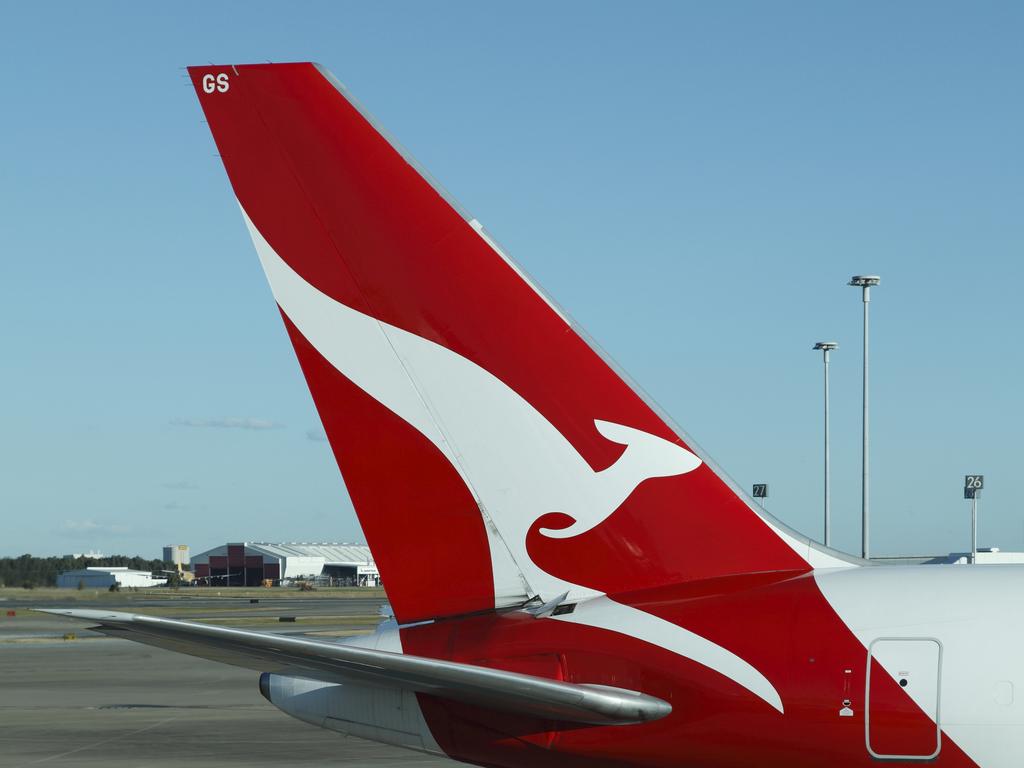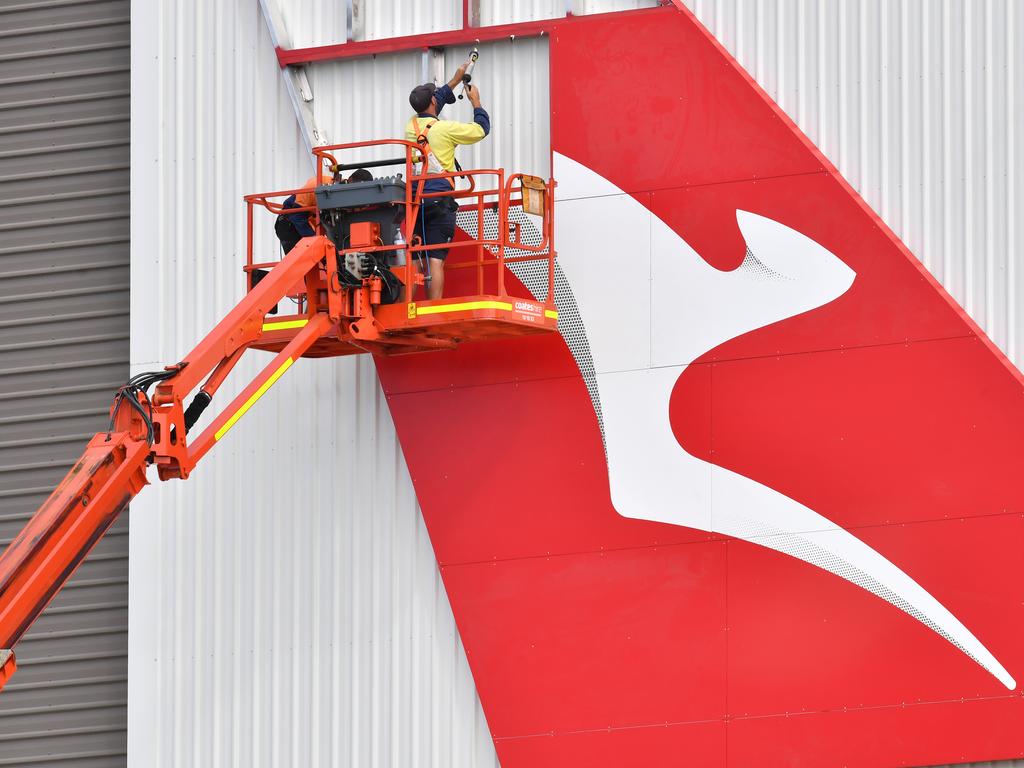Cochlear call heralds a wave of capital raisings
Cochlear has kicked off what is expected to be a wave of equity raisings, tapping investors for nearly $1bn.

Hearing implant maker Cochlear has kicked off what is expected to be a wave of equity raisings, tapping investors for nearly $1bn as Australian corporates urgently bolster their balance sheets to defend against the coronavirus market rout.
The surprise capital raising came after Qantas swooped on $1.05bn in funding to bolster liquidity and Transurban launched a $815m debt offer.
Cochlear tapped shareholders for the first time since listing in 1995 to ease uncomfortably high debt levels after warning of a significant earnings hit as the health crisis unfolds.
Cochlear suspended its dividend until conditions improve and said it had received waivers from its lenders for breaches of its debt covenants in June 2020 and December 2020.
Cochlear on Thursday said strong demand for the placement from fund managers prompted it to upsize the institutional component to $880m from $800m initially planned.
Approximately 6.3 million new fully paid ordinary shares were placed to institutional investors at a price of $140.00 per share. This is a discount to Cochlear’s close of $168 on Wednesday.
Cochlear will now push ahead with a retail share purchase plan with an eye to raise an additional $50m
The delay of elective and non-essential surgery in the US and Europe, including cochlear implants, has impacted the business in the last few weeks.
“This is a decision we have made without any pressure on input from our banks,” Cochlear chief executive Dig Howitt said.
“But certainly COVID-19 has escalated over the last week and there is increased uncertainty over how long it will last. Taking this action takes pressure off and leaves us very liquid with significant buffers. Without this, we would have very tight buffers looking forward and that wasn’t a position we were comfortable being in.”
Cochlear was the first major Australian corporate tapping shareholders to head off liquidity concerns as the coronavirus threatens to roil balance sheets.
On the debt side Qantas secured $1.05bn of funding against its aircraft fleet while toll road giant Transurban will raise $815m through two new facilities in the Asian loan market.
But smaller players including Webjet and oOh!media have been making efforts to raise equity at discounts of more than 40 per cent to their last traded share prices.
Focus also remains on Boral, which is sitting on $2.3bn of debt following a top-of-the-market acquisition in the US three years ago.
For Cochlear, the deferment of elective surgery and the loss of a $US268m US court case last week put significant pressure on its finances.
“We run a range of scenarios and they all start with a severe reduction through to June and then varying rates of recovery from July on with a worst case showing very little recovery for the calendar year,” Mr Howitt said.
‘We have our covenants with earnings as the core part and there is a pretty good chance it will go negative on a rolling 12-month basis. We think we should be OK by June 2021 and the banks have been supportive through this process,” noting it agreed on a $150m credit facility with its lenders in the last week.
The raising price of $140 per share is at a 16.7 per cent discount to Cochlear’s last closing price of $168 with the original $800m increased to $880m due to strong investor demand in addition to a $50m share placement to retail investors.
Cochlear used a “clever first mover advantage” in launching an emergency capital raising at a 17pc discount after flagging a “significant impact” from coronavirus, according to RBC.
“Starting to smell like a case of 2009 again with capital raisings coming thick and fast.
“Feedback from investors suggests this will be easily digested by a market with plenty of cash on the sidelines looking for a high-quality home,” RBC Capital Markets head of equities Karen Jorritsma said.
“Portfolio managers and bankers alike running the ruler over balance sheets across the index looking for who goes next (and the) message from the fundies is clear: better to go big and not have to ask twice.” Cochlear had withdrawn its full-year profit guidance on March 16 as coronavirus marched across the globe, instigating a hiring freeze and cutting back on capital expenditure projects.
The company’s equity raising was “one I and the whole market would never have even thought of”, Bell Potter’s head of institutional sales & trading Richard Coppleson said, adding this year will be known as the year of the balance sheet refinancing.
The raisings “will suck a lot of excess cash out of the market that would have been used to buy shares and assist stocks higher”.
Cochlear, which remains in a trading halt, said in February it expected to deliver full-year profit of $270m-290m, compared with previous guidance of $290m-300m, an increase of 2-9 per cent compared with 2017-18.
Mr Howitt said he was encouraged by signs of renewed business activity in China.
“China has bounced back incredibly strongly,” he said.







To join the conversation, please log in. Don't have an account? Register
Join the conversation, you are commenting as Logout